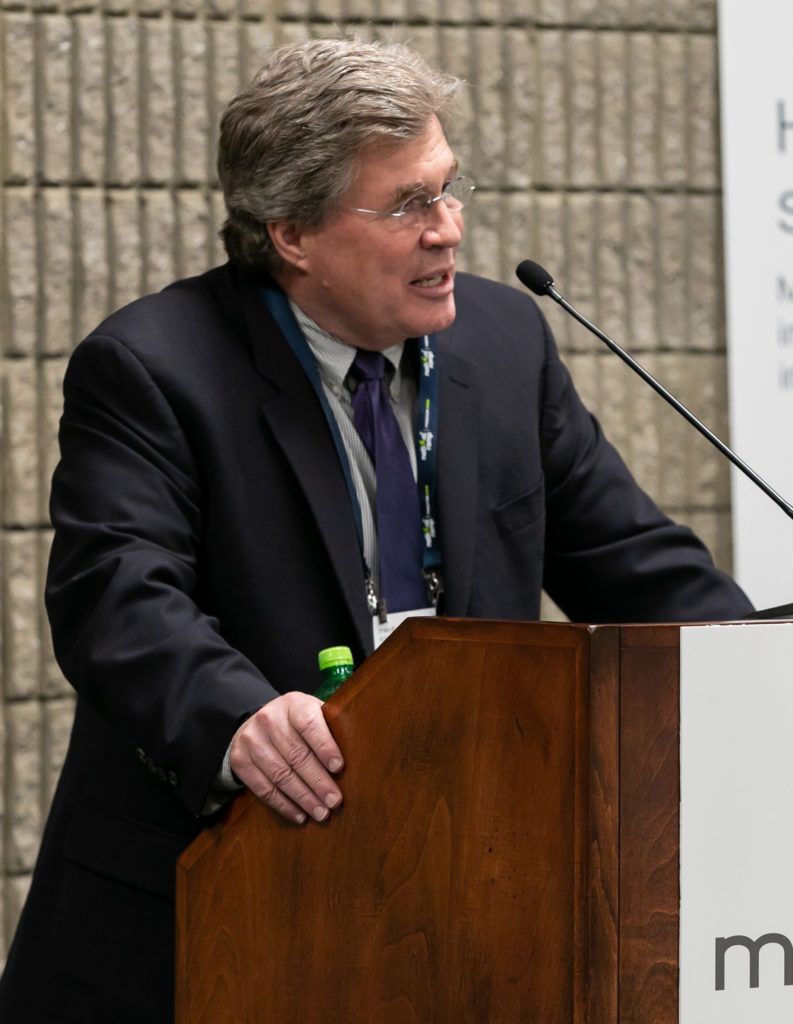AMARILLO, TX – A joint venture (“JV”) arises when two or more parties own something together. For example, it is not uncommon for a DME supplier (“ABC Medical Equipment”) and a sleep lab (“XYZ Sleep Lab”) to set up a JV (“DEF Sleep Equipment and Supplies”) that sells CPAPs and disposables to patients diagnosed with obstructive sleep apnea (“OSA”).

In setting up DEF, the two owners must be mindful of the federal anti-kickback statute (“AKS”). Assume that XYZ refers OSA patients to DEF, some of whom are covered by a federal health care program (“FHCP”). If the JV is a “sweetheart deal” for XYZ, then that means that XYZ is “receiving something of value” in exchange for referrals of FHCP patients to DEF … hence, a kickback. The question arises: What constitutes a “sweetheart deal?” One example pertains to the initial capital investment. Let us assume that ABC and XYZ own DEF on a 50-50 basis.
Let us further assume that the initial capital investment to get DEF up and running is $200,000. For the initial capital investment to be legitimate, then at the outset each party needs to contribute $100,000. Where the JV can run afoul of the AKS is if one of the following occurs: (i) XYZ invests less than $100,000; (ii) XYZ invests $100,000; however, XYZ does not write a check at the outset … rather, the $100,000 is deducted from XYZ’s future share of the profits; or (iii) ABC lends the $100,000 to XYZ.
In conducting an analysis under the AKS, we need to first consider whether the JV complies with the Small Investment Interest safe harbor to the AKS. Assuming that DEF cannot meet the two 60-40 tests of the safe harbor, then the safe harbor cannot be met. And so we then need to determine if the JV complies with the (i) OIG’s 1989 Special Fraud Alert (“Joint Ventures”) and (ii) OIG’s April 2003 Special Advisory Bulletin (“Contractual Joint Ventures”). The key requirements of the Special Fraud Alert and Special Advisory Bulletin are the following:
- ABC and XYZ must each put up the initial investment in accordance with each party’s percentage ownership interest in DEF.
- If future capital contributions are necessary, then each owner must pay its prorata share of the capital contribution.
- XYZ will have no obligation, express or implied, to refer to DEF.
- XYZ cannot be forced to relinquish its ownership interest in DEF if XYZ does not send a certain number of referrals to DEF.
- The number of referrals from XYZ to DEF cannot be tracked.
- XYZ will ensure patient choice. That is, OSA patients will have the right to select any DME supplier for their CPAPs/supplies.
- Profit distributions to ABC and XYZ will be based solely on each party’s percentage ownership interest in ABC. For example, if XYZ owns 50% of DEF, and if all of XYZ’s referrals go to a supplier other than DEF, then XYZ is still entitled to receive 50% of any profits distributed by DEF.
- Either ABC or XYZ has the right to sell its equity interest in DEF to another party. However, such a sale can be subject to a “right of first refusal” owned by the non-selling party.
- DEF needs to have operational responsibilities and financial risk. Said another way, DEF must have “skin in the game.” DEF cannot be run on a turnkey basis by ABC. For example, DEF must have its own employees and DEF must have inventory and equipment. ABC and/or XYZ can provide some services to DEF. Such services must be memorialized in a written agreement and DEF must pay fair market value compensation for the services.
- DEF needs to actively market to the community. DEF needs to strive to lessen its dependence on referrals from XYZ.
If a JV (between a DME supplier and sleep lab) is structured to comply with the preceding 10 bullets, then the risk is low that a governmental enforcement agency will assert that the joint venture violates the AKS.
Now let us change direction and talk about another issue. This pertains to the federal Stark physician self-referral statute (“Stark”). If XYZ is owned by physicians, then unless the Stark rural provider exception is met, Stark prohibits XYZ and the physicians from referring Medicare and Medicaid patients to DEF.
Jeffrey S. Baird, JD, is Chairman of the Health Care Group at Brown & Fortunato, PC, a law firm based in Amarillo, Texas. He represents pharmacies, infusion companies, HME companies and other health care providers throughout the United States. Mr. Baird is Board Certified in Health Law by the Texas Board of Legal Specialization, and can be reached at (806) 345-6320 or jbaird@bf-law.com.

